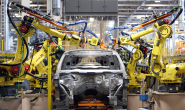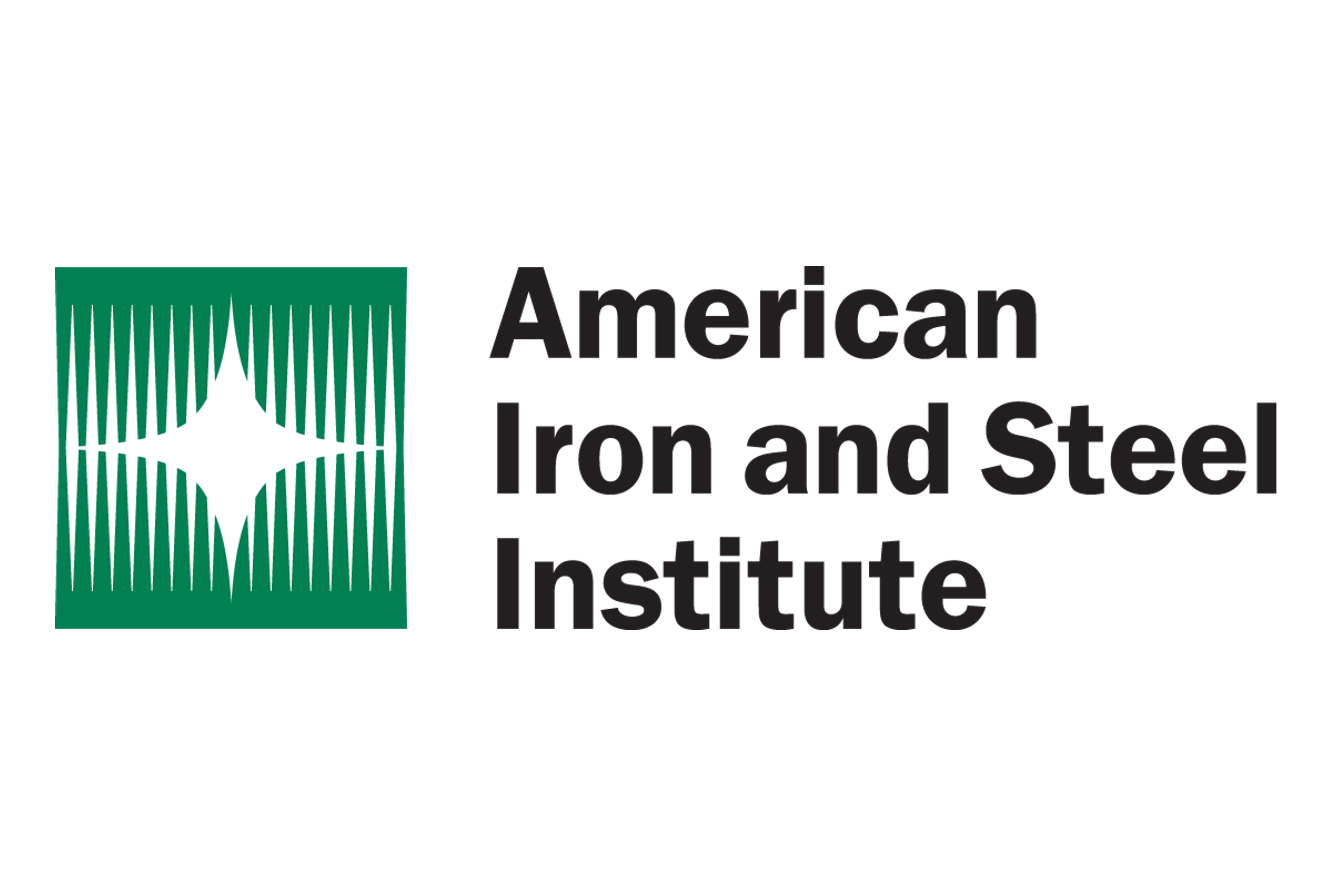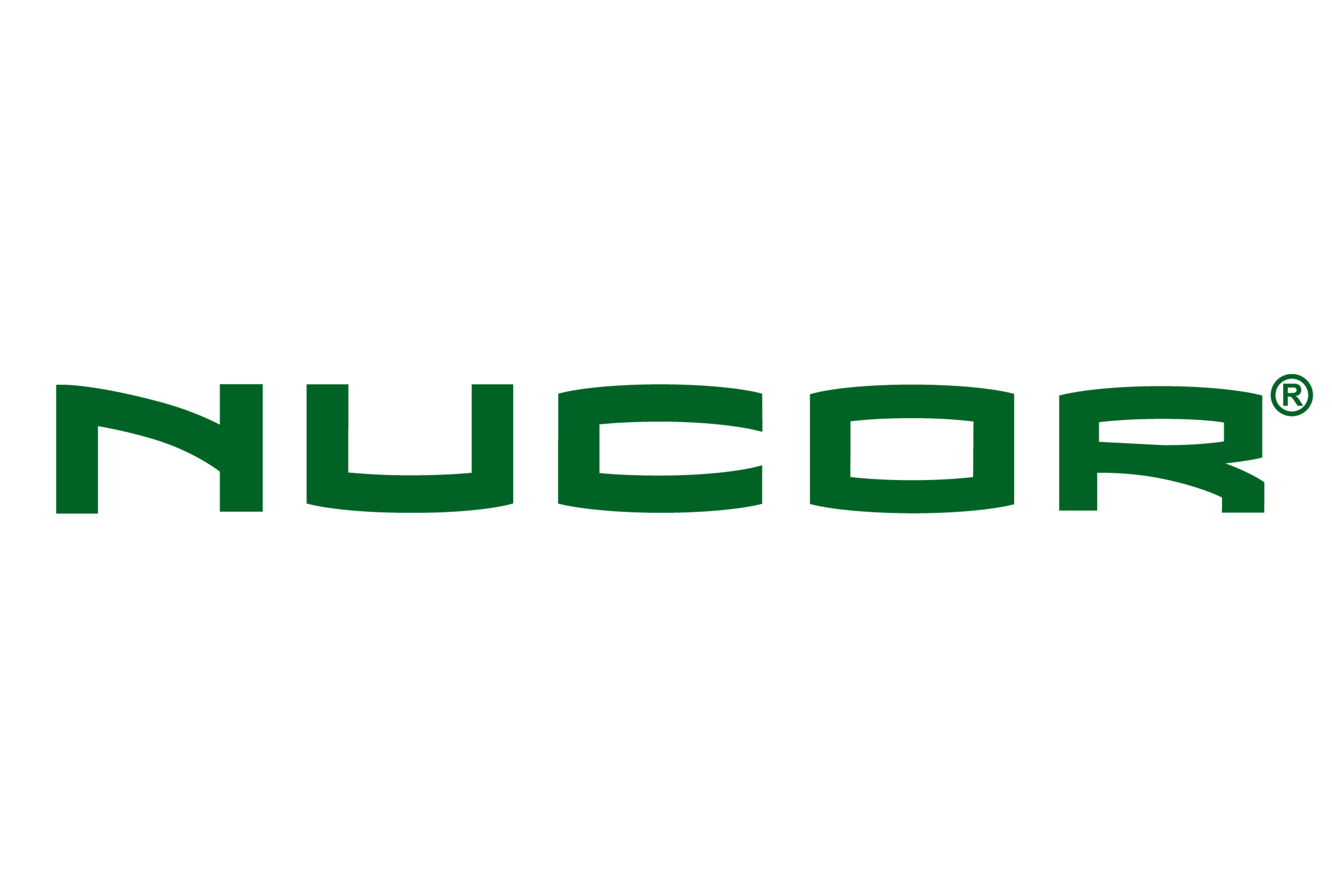Analysis

February 10, 2022
Border Blockade has Ripple Effects on North American Automakers
Written by David Schollaert
General Motors, Ford, Toyota, Honda and Stellantis have all been forced to temporarily halt production at assembly plants in the U.S. and Canada due to truckers that are blocking critical roadways in protest of COVID vaccine mandates.
![]() Detroit-based GM, the largest of the “Big Three” automakers in the U.S., was forced to cancel two production shifts at its Lansing Delta Township plant in Michigan because of the Canadian trucking protests.
Detroit-based GM, the largest of the “Big Three” automakers in the U.S., was forced to cancel two production shifts at its Lansing Delta Township plant in Michigan because of the Canadian trucking protests.
The assembly – which makes the Chevy Traverse and Buick Enclave SUVs – cancelled its second shift on Tuesday, Feb. 9, as well as its first shift on Wednesday, Feb. 10, due to parts shortages, a company spokesman told Steel Market Update (SMU).
“We continue to work with our suppliers to mitigate this situation,” the spokesman said. “It’s very fluid. We can’t speculate how long this will last. The downtime is directly related to the border issue.”
Ford Motor Co. and Toyota Motor Corp. also said they had been forced to halt some operations because of supply-chain disruptions stemming from protests that have snarled traffic and blocked the Ambassador Bridge for a third straight day.
The international suspension bridge across the Detroit River connects Detroit, Mich., with Windsor, Ontario. It’s the busiest international border crossing in North America, carrying more than 25% of all merchandise trade between the U.S. and Canada.
Ford’s engine plant in Windsor is shut down as well as a scheduled cutback at its Oakville assembly plant outside Toronto, which makes the Edge sport utility vehicle, a spokesperson said.
For Toyota Motor Corp., the effects of the protest have disrupted the automaker’s three production lines at both of its Canadian assembly plants in Woodstock and Cambridge, Ontario, as well as its Georgetown, Ky., assembly – the carmaker’s largest vehicle manufacturing plant worldwide.
“Toyota Motor Manufacturing Canada and Toyota Motor Manufacturing Kentucky have been impacted by this most recent challenge,” a company spokeswoman said. “We expect disruption between now and this weekend, and we’ll continue to make adjustments to our production plans.”
Despite the recent blow to the Japanese-based automaker’s production schedule, the company does not expect any layoffs. “While the situation is fluid and changes frequently, we do not anticipate any impact to employment at this time,” she said.
Honda Motor Co. also experienced some production disruption because of the blockade in Windsor, though automotive manufacturing operations in the U.S. and Canada are currently open and running production, a company spokesman told SMU.
The carmaker’s Honda of Canada Mfg. plant in Alliston, Ontario, did temporarily suspend manufacturing on one production line Tuesday evening, Feb. 9, due to border delays, but it’s back online. “We are monitoring the disruption of transportation between Canada and the U.S. and will adjust production as necessary,” the company said.
For Stellantis N.V. – Chrysler’s European parent company – production was paused at several U.S. and Canadian plants on Wednesday, Feb. 9, due to part shortages stemming from the protests, but production resumed Thursday morning, a company spokeswoman told SMU. “All Stellantis North America plants are running as of Thursday morning, but a number of U.S. and Canadian plants cut short second shifts Wednesday night due to parts shortages caused by the closure of the Detroit/Windsor bridge.”
The automaker said it is working closely with carriers to get parts into the plants to mitigate further disruptions. “The situation at the Ambassador Bridge, combined with an already fragile supply chain, will bring further hardship to people and industries still struggling to recover from the COVID-19 pandemic,” she said. “We hope a resolution can be reached soon so our plants and our employees can return to normal operations.”
Mercedes-Benz’s German-based maker, Daimler AG, said that its U.S. production plants in Tuscaloosa, Ala., and Charleston, S.C., have not been impacted by the protests and are running normally. The same was said for Nissan’s U.S. assemblies in Smyrna, Tenn., and Canton, Miss.
Automakers have been struggling with COVID, supply-chain issues and shortages of microchips and other parts for more than a year. The latest derailment compounds the sector’s struggles, with ripple effects on downstream partners, including steel suppliers. For each vehicle that does not get built, roughly one ton of steel is not consumed.
By David Schollaert, David@SteelMarketUpdate.com







